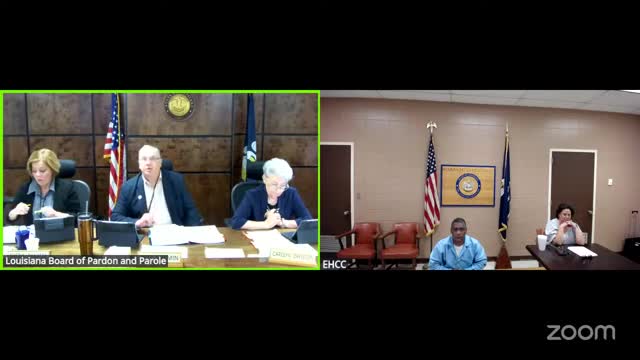Article not found
This article is no longer available. But don't worry—we've gathered other articles that discuss the same topic.
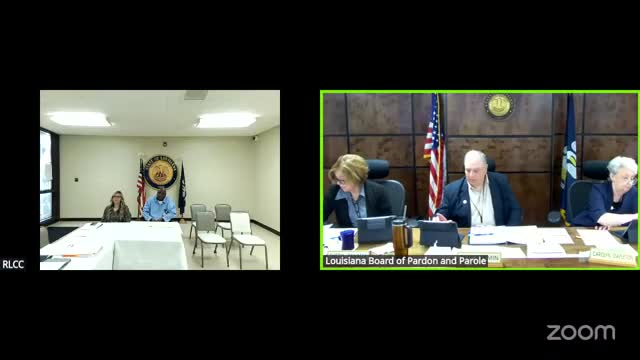
Parole panel grants Dolph Finley contingent on residence plan and completion of DOC substance-abuse program
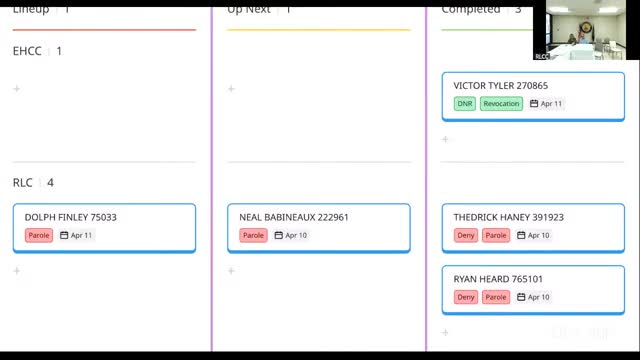
Panel grants parole to Neil Babineaux to Parole Project with lifelong AA condition
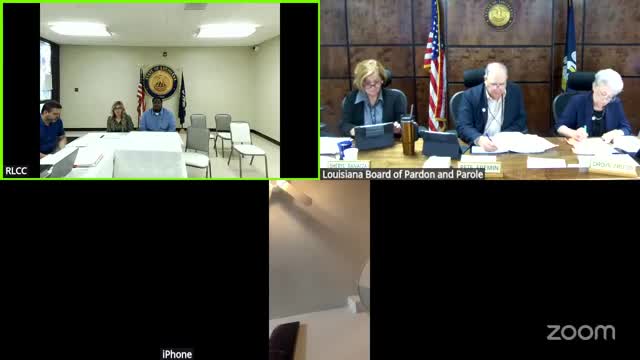
Parole panel denies release for Ryan Hurd, cites distribution history and prosecutor opposition
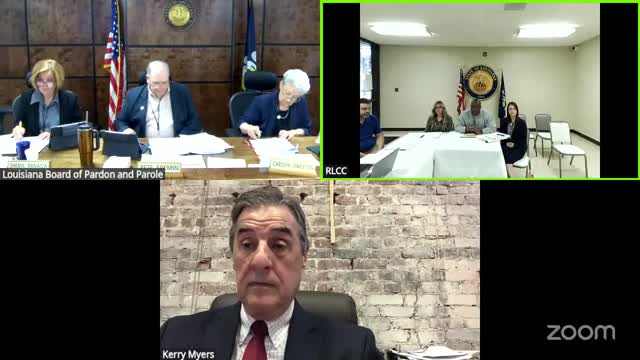
Panel denies parole for Patrick Haney; members split on rehabilitation and violence history
